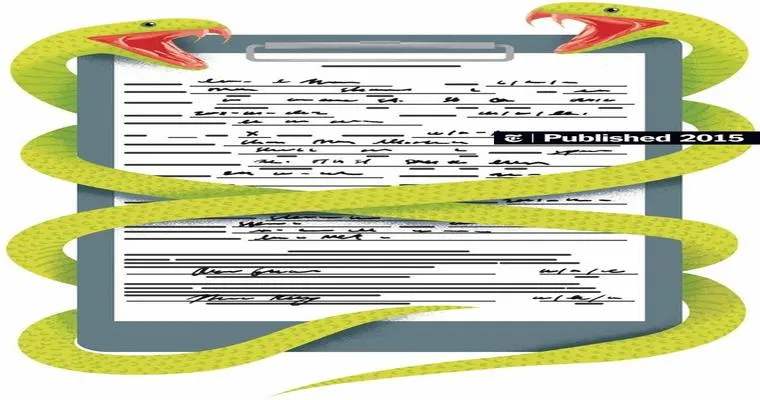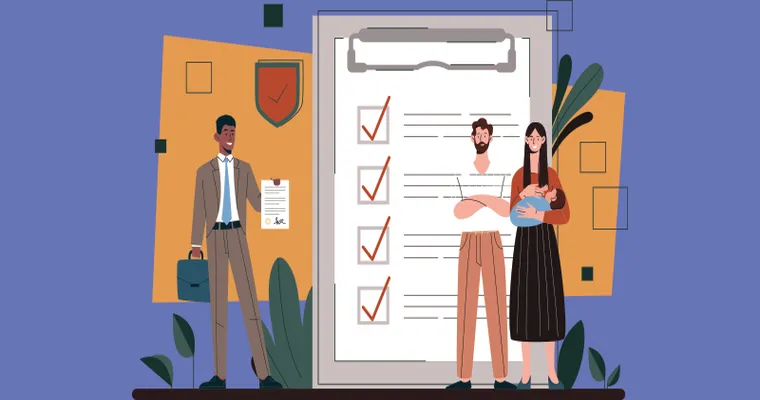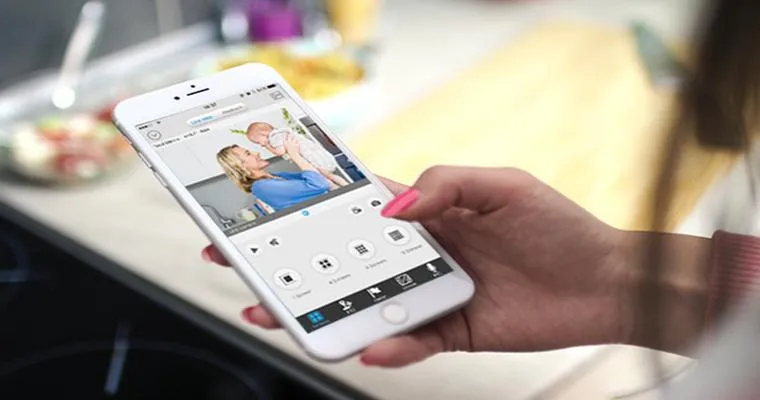The Health Insurance Portability and Accountability Act, commonly known as "HIPAA", was implemented to protect patient "privacy" and ensure secure handling of "health information". While the intentions behind HIPAA are commendable, I believe that it has become increasingly "outdated" in today's fast-paced, technology-driven world. As healthcare evolves, the strict regulations associated with HIPAA can inadvertently create barriers to necessary "medical care" and hinder communication among patients and providers.
One of the primary issues with HIPAA is that it fosters an environment of "secrecy". While protecting sensitive information is essential, the overemphasis on confidentiality can lead to a lack of transparency in the healthcare system. Patients may find it challenging to access their own medical records or share important information with specialists, ultimately delaying "diagnosis" and treatment options. When patients feel restricted in discussing their health concerns, they may not receive the comprehensive care they need.
Moreover, the rise of digital health technologies has changed how we manage and share healthcare information. Applications and telemedicine platforms offer unprecedented opportunities for patients to connect with providers remotely. However, the rigid framework of HIPAA can stifle innovation in these areas. For instance, patients often hesitate to share their health data through apps due to concerns about "data breaches" or stringent legal repercussions, even when these platforms could significantly enhance their care experience.
Additionally, HIPAA's complexity can overwhelm both patients and healthcare providers. Many individuals do not fully understand their rights under HIPAA, which can lead to confusion and mistrust in the healthcare system. This lack of understanding may prevent patients from advocating for themselves or seeking necessary treatment, ultimately resulting in poorer health outcomes.
Another concern is the inconsistency in how HIPAA is enforced across different healthcare settings. Providers may interpret HIPAA regulations differently, leading to varying levels of access to care and information sharing. This inconsistency can create disparities in healthcare delivery, particularly for vulnerable populations who may already face obstacles in accessing care.
To address these challenges, it is crucial to consider reforms that strike a balance between "patient privacy" and the need for open communication in healthcare. By modernizing HIPAA regulations, we can create a framework that promotes "information sharing" while still safeguarding sensitive data. This could involve simplifying consent processes, enhancing patient education about their rights, and encouraging the use of secure digital tools that empower patients to take control of their health.
In conclusion, while HIPAA was established with the best intentions, its current form may be doing more harm than good in today's healthcare landscape. As we navigate the complexities of modern medicine, it is essential to prioritize patient care and communication over excessive secrecy. By reevaluating HIPAA and its implications, we can work towards a more effective and accessible healthcare system that truly meets the needs of all patients.





